 Courtesy: Reuters
Courtesy: Reuters
The recent German elections revealed the most interesting and confusing results among all German elections. The advanced polls, the exit polls, and the results were quite in tandem. The final results did not alleviate the inconclusiveness which the polls predicted.
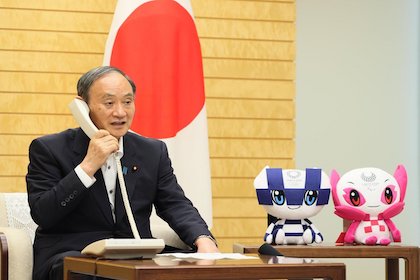 Courtesy: Twitter | @sugawitter
Courtesy: Twitter | @sugawitter
Suga Yoshihide was Japan’s stop gap Prime Minister to cover the sudden exit of the long-serving Abe Shinzo. He didn’t rock the boat, carried out the Abe agendas including on the Indo-Pacific, the US, China, India. He managed COVID, and the difficult Olympics. Yet he lost his popularity. Blame it on political fault lines.
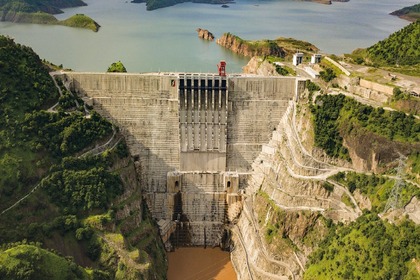 Courtesy: Webuild
Courtesy: Webuild
The Grand Ethiopian Renaissance Dam is a necessary infrastructure, but its politics have become complex and now enmeshed in conflict. With the second filling, the efforts to make it a technical negotiation have waned. It is again a political and strategic pressure point on Ethiopia.
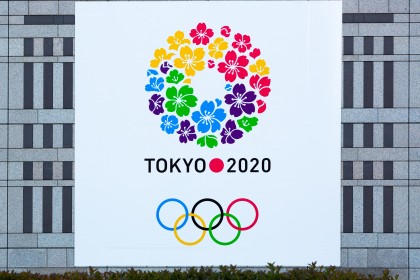 Courtesy: Shutterstock
Courtesy: Shutterstock
Japan is going ahead with hosting the Tokyo Olympics, despite the pandemic, several delays and few economic or social benefits to come. It’s not entirely Japan’s choice – the International Olympic Committee is the owner of the Games, and its financial considerations matter.
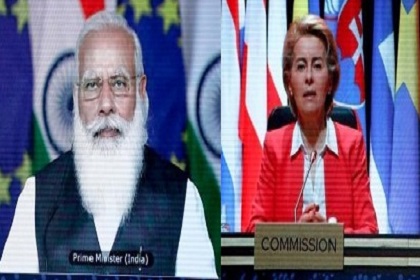 Courtesy: European Commission
Courtesy: European Commission
This India-EU summit was different from the ones past, and India is a significant gainer. A trade agreement and connectivity partnership aside, the EU has stepped up to help India during this emergency, viewing it not as a weak state but as a partner in distress. The geopolitical indicators for an enhanced engagement are now also in place.
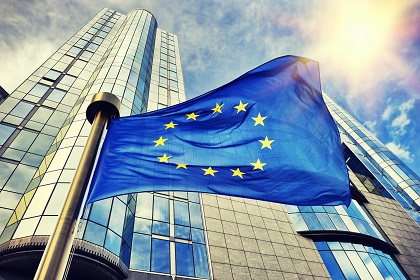 Courtesy: European Union
Courtesy: European Union
The EU’s Indo-Pacific strategy comes better late than never. But it has to step gingerly. It cannot antagonize China, wants to build on the legacy of its members’ colonial past, give the region the infrastructure it needs, and make the trade agreements that it wants. Is it achievable?
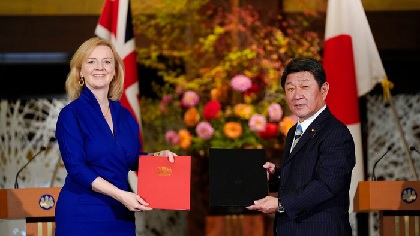 Courtesy: Manufacturing Business Technology
Courtesy: Manufacturing Business Technology
The U.K. is out of the EU, and re-positioning itself into the idea of Global Britain, seeking partnerships into diverse groupings and regions. India was an early strategic, defence and digital outreach, but a serious pivot has been made to broader Asia for trade and investment linkages, with vigorous follow-up. The re-entry and acceptance of Britain in Asia, has implications.
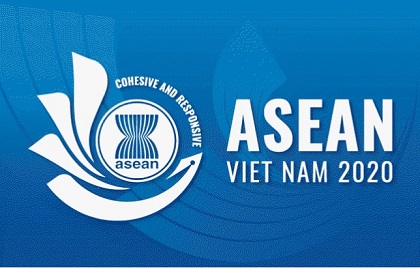 Courtesy: asean.org
Courtesy: asean.org
Vietnam had a busy 2020, starting with its chairmanship of ASEAN and ending with the signing of RCEP, and a free trade agreement with the EU. All were completed successfully despite the pandemic, which it also handled well. It has revealed Vietnam’s dexterity and confidence, good management and societal control and raised the country’s global profile.
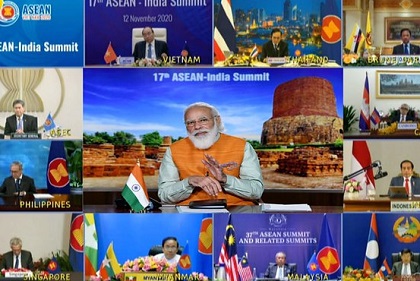 Courtesy: MEA/Flickr
Courtesy: MEA/Flickr
The recently concluded ASEAN and EAS Summit saw Prime Minister Modi highlighting the Indo-Pacific region. That’s because a cohesive, responsive and prosperous ASEAN is seen as vital to India's Indo-Pacific Vision and to Security And Growth for All in the Region (SAGAR). India’s decision to opt out of RCEP, even when all ASEAN member countries are signatories to that agreement, will mark a shift in how India enhances bilateral engagements with ASEAN nations with greater strategic intent.
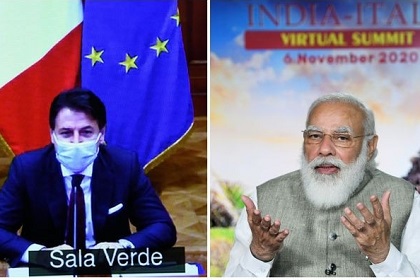 Courtesy: Twitter/Narendra Modi
Courtesy: Twitter/Narendra Modi
The India-Italy bilateral is looking up again, after a hiatus. A digital summit of the two leaders was held on 6 November 2020, and assumes greater significance in light of the pandemic, and Italy’s upcoming presidency of the G20. The most promising outcome of this energetic diplomacy and summiteering, is that Italy is slowly being weaned away from its close economic embrace with China. Its trade and investment are unlikely to decouple soon, but Italy is now more in line with the EU initiatives on 5G and quality infrastructure - the right time for Italy and India to derive advantage from it.











